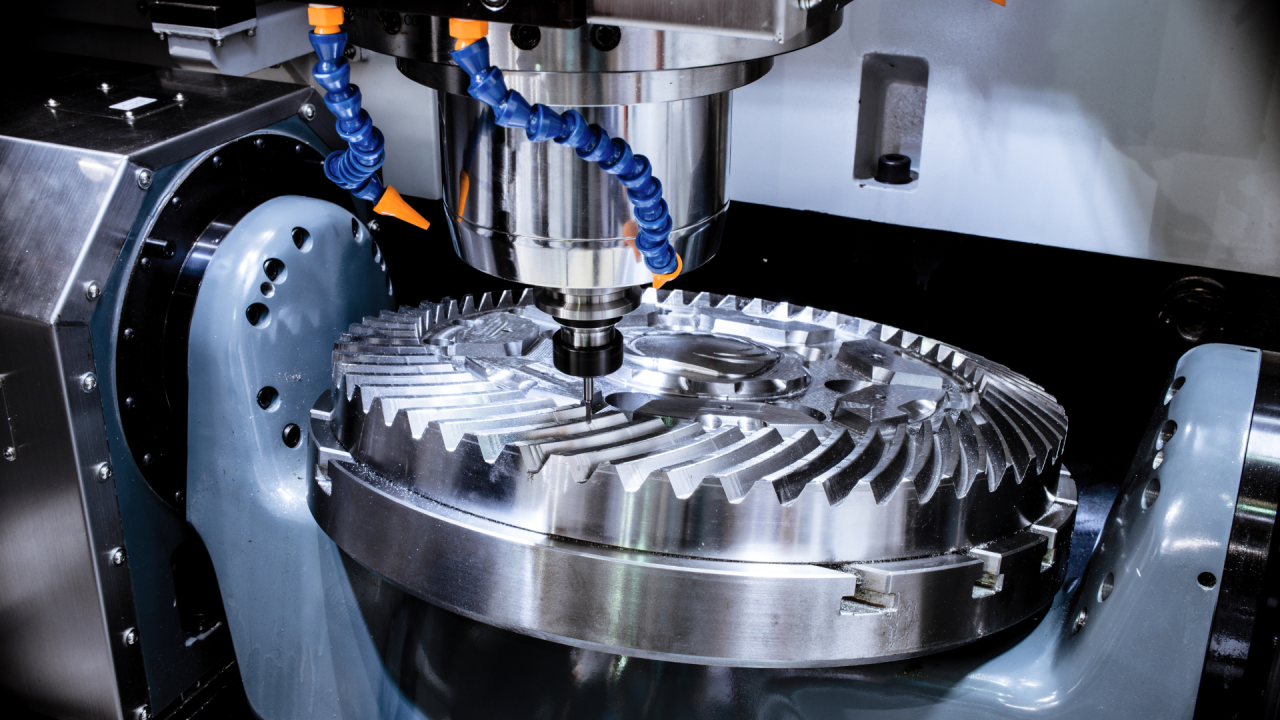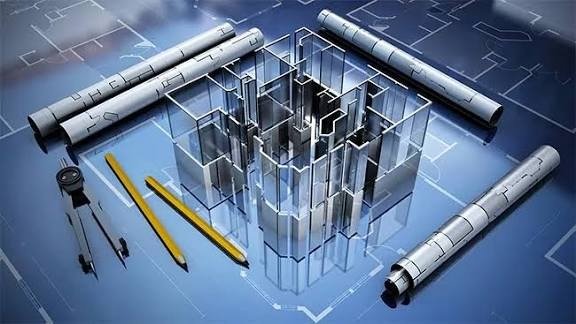Effective machining is at the heart of every manufacturing powerhouse. Mastering complex machining processes, however, is no easy feat. These processes require precision, expertise, and advanced knowledge to handle intricate tasks seamlessly.
Whether you’re a manufacturing manager ensuring optimal productivity or a machining professional perfecting your craft, understanding these sophisticated techniques is crucial. This blog will guide you through essential processes like cylindrical grinding, honing, and CNC machining, helping you elevate your machining capabilities.
Why Complex Machining Processes Matter
Complex machining is essential for crafting precision-engineered components used in industries like aerospace, automotive, and medical devices. These processes ensure unparalleled accuracy, superior surface finishes, and geometrical perfection in crucial parts.
When executed skillfully, they minimize waste, ensure cost-efficiency, and maximize productivity, helping businesses meet stringent standards and fierce competition.
Core Complex Machining Processes Uncovered
1. Cylindrical Grinding
Cylindrical grinding is a staple in achieving high-precision finishes and exact dimensions on rotating components like shafts and rods. This process uses a grinding wheel to remove material while maintaining close tolerances.
Why It Matters:
- Produces smooth and polished surfaces.
- Ensures accuracy in roundness and dimensions.
- Enhances durability by reducing microcracks and minimizing stress concentrations.
For industries in search of reliable cylindrical grinding companies, expertise in this field is a critical resource to deliver quality-driven results.
2. Honing
Honing is a finishing process that uses abrasive stones to refine bore surfaces. The result? Optimal surface textures and precise sizing.
Key Applications:
- Cylinder linings in automotive engines.
- Hydraulic and pneumatic components requiring smooth interiors.
Honing improves not only the surface finish but also helps achieve dimensional accuracy, enabling components to operate smoothly under demanding conditions.
3. CNC Machining
CNC (Computer Numerical Control) machining integrates software to manage lathes, mills, and routers with unmatched precision. The automation ensures consistent results on even the most detailed designs.
Why It’s a Game-Changer:
- Allows for complex shapes and geometries.
- Optimizes time and material usage.
- Minimizes the margin for human error while increasing replicability.
Skilled programming and understanding of CNC setups empower manufacturing engineers to tackle versatile projects.
Tips for Mastering Machining Processes
A. Prioritize Training
Never undermine the importance of proper training. Skilled operators with a profound understanding of the tools and techniques are key to achieving extraordinary results. Regular workshops and certifications keep machinists updated on the latest innovations.
B. Invest in High-Quality Tooling
The success of any machining process largely depends on the tools at hand. High-quality cutting tools, grinding wheels, and abrasives ensure precision and longevity, reducing downtime caused by tool wear.
C. Leverage Technology Advances
Monitor recent technological advancements, such as AI integration into machining and predictive analytics to foresee potential issues. Utilizing advanced software ensures better efficiency and optimized workflow.
D. Focus on Maintenance
A well-maintained machine runs smoother and lasts longer. Scheduled maintenance checks, lubrication, calibration, and part replacements ensure steady performance over time.
Benefits of Mastering Complex Machining Processes
- Precision and Accuracy:
Mastery ensures defect-free products with tight tolerance limits.
- Operational Efficiency:
Streamlined workflows reduce wasted resources, ensuring more output for less input.
- Product Quality and Durability:
Enhanced finishing processes prevent stress points and microdamage, improving a product’s life span.
- Competitive Edge:
Businesses that perfect these processes can command an authoritative position in their industries.
Future-Proofing Your Machining Expertise
The world of machining is constantly evolving. To remain competitive, stay ahead of trends like additive manufacturing, AI-driven processes, and improved automation. Upskilling your team and integrating new technologies into your operations are investments that yield unparalleled returns.
Manufacturing and machining require a blend of science, skill, and strategy. By mastering essential processes like cylindrical grinding, honing, and CNC machining, professionals can create components that meet the highest industry standards with precision and confidence.










